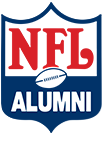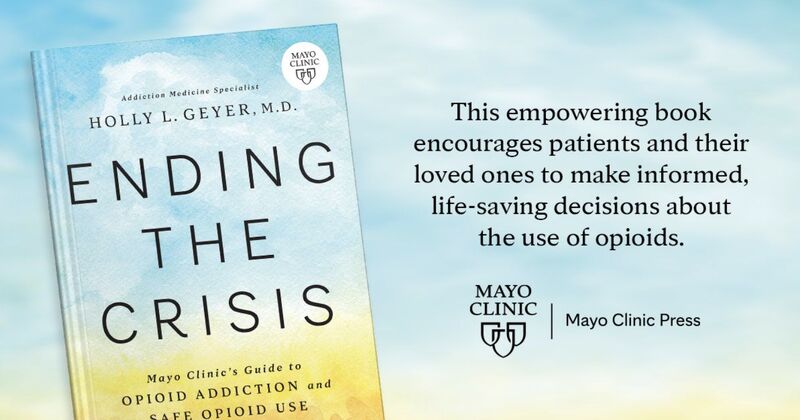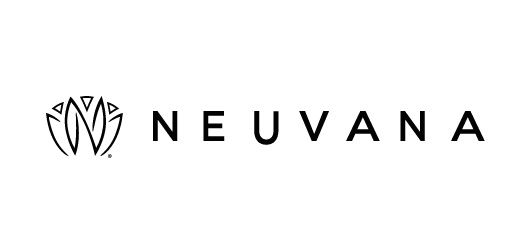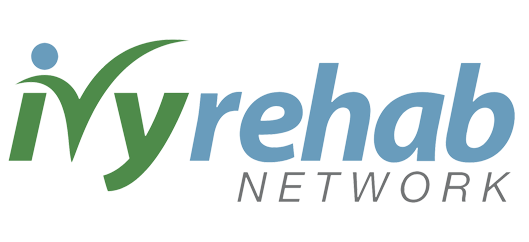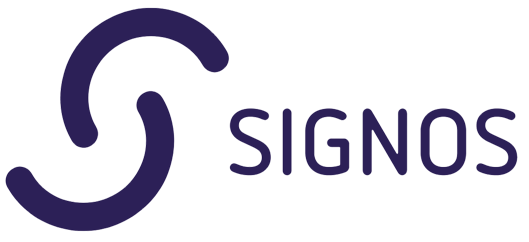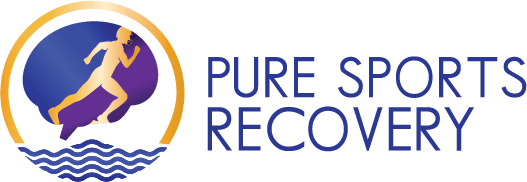We’re thrilled to welcome Dr. Holly Geyer, M.D., to the NFL Alumni Health Medical Advisory Committee. As an internal medicine physician and addiction medicine specialist at the renowned Mayo Clinic in Scottsdale, Arizona, Dr. Geyer brings a wealth of expertise and a deep commitment to improving lives through her innovative work.
Dr. Geyer’s focus is on addiction screening, evaluation, and treatment for patients and families impacted by substance use disorders. Her holistic approach emphasizes enhancing quality of life with effective, non-drug interventions for conditions like cancer and complex illnesses. A nationally recognized leader in the field, Dr. Geyer is the author of Ending the Crisis: Mayo Clinic’s Guide to Opioid Addiction and Safe Opioid Use.
Beyond her clinical contributions, Dr. Geyer is an accomplished researcher and advocate, shaping healthcare policy at state and national levels. She has published over 200 scientific articles, book chapters, and educational pieces, and regularly shares her insights on opioid addiction and safe prescribing practices through international lectures and speaking engagements.
As we continue our mission to prioritize the health and wellness of NFL Alumni and their families, Dr. Geyer’s expertise will be instrumental in addressing some of the most pressing health challenges facing our community today.
A Q&A with Dr. Holly Geyer
To introduce Dr. Geyer and her inspiring journey, we asked her about her motivations, experiences, and vision for her role with NFL Alumni Health.
- What inspired you to get involved with NFL Alumni Health?
Health is one of our most precious assets. I believe communicating how to preserve it is one of my life’s callings. But reaching this generation with the information on how to do this has proven challenging. The data shows patients have moved from books and doctor’s visits to social media and influencers when it comes to accessing medical advice. The NFL Alumni Health initiative is a brilliant approach to ensuring evidence-based, actionable health information is delivered by vibrant and engaging public figures. When I met with the NFLAH team and learned about their approach to public education, it took little convincing for me to jump on board.
- What experiences led you into healthcare?
I grew up in South Africa as a missionary kid during the 1980’s apartheid. My dad often brought me and my sister into the Black townships as he worked offering humanitarian relief. The destitution of these precious people still burdens me today. You would be hard-pressed to find a larger population with fewer resources. At the end of the day, the native kids I spent hours playing with would walk miles to a tin shanty home with no running water and no guarantee of dinner. Their access to healthcare was even less reliable. I recall visiting a hospital where hundreds of patients were lined up around the outside of the building waiting to be seen and blood-smeared handprints painted the walls. I remember at a young age, seeing healthcare as a gift.
Fast forward four years when we returned to the US and my family started a non-profit drug and alcohol treatment program. It was here that I saw another marginalized population-those struggling with addiction. Unlike South Africa where people were ostracized for their skin color, addiction seemed to be no respecter of persons. Rich or poor, Black or White, educated or not, addiction proved an equal opportunity destroyer. For most in the program, the condition had robbed everything from family to finances to their future. And society had cast them out. It was here where I decided to enter a career where I could restore what disease was taking. Hospital Medicine and Addiction Medicine proved an excellent fit.
- What do you see as the biggest health challenges faced by former NFL players?
Acceptance that all good health eventually deteriorates! When we talk about our health, what were really talking about is our frailty. For most professional football players, their bodies are seen as indestructible fortresses capable of enduring the harshest of external insults. But what about the internal insults incurred as we naturally age? Like it or not, all alumni are at risk. For many athletes, accepting the natural cycle of physical decline competes with the mindset of invincibility. It can be easy to dismiss issues like heart disease and diabetes as medical problems non-athletes develop when in reality, these issues may be driven less by fitness and more by hereditary forces or issues occurring invisibly at a cellular level. And some conditions, like cancer and addiction, are no respecter of persons at all-they will strike at random and take down the strongest of physiques. The future favors the prepared. The more alumni understand the role of disease prevention and proactive treatment, the more of them will stay at the top of their game long after they’ve left the arena.
- How do you think public conversations about athletes’ health can influence broader health outcomes in the community?
People appreciate authenticity. When it comes from someone, they highly respect and on a topic as personal as health, it can have tremendous impact. The medical field has lost ground as leaders in patient education as more people turn to social influencers for medical advice. A recent study identified that almost 18% of the US population (59M people) are obtaining their medical information from social media influencers on Tik Tok and Instagram with the heaviest margin amongst millennials and Gen Z. Another study found that upwards of 30% of patients with chronic health conditions are choosing TikTok for medical information instead of going to their doctors and that 17% of people now trust influencers even more than their doctors! For medical professionals, these trends are alarming. A study by PlushCare reviewing 500 top videos on TikTok related to mental health identified that 84% had information that was misleading, 31% had inaccurate information and almost 15% had information that was potentially damaging. Only 9% of the speakers had any medical qualifications. The public is listening to influencers because for the most part, they find them fascinating, relatable, and trustworthy. This is what makes NFLAH’s mission so important. By pairing NFL social influencers with a passion for their health topic with medical providers versed in the subject matter, we can amplify the voice and public influence of these players while ensuring the message being delivered is medically accurate. It’s a win-win for all involved.
- What advice would you give to healthcare professionals who want to collaborate with organizations like NFL Alumni Health?
It’s time the medical community gets honest about its scope of influence. Like it or not, people are listening to us less and we need to be adaptable. This includes ensuring that the messages we are qualified to deliver reach our patients through mediums they have adapted to. Organizations like NFLAH are offering cutting-edge solutions to the problem of uninspiring clinician communications and unqualified social media messengers. They take the voices people listen to and equip them with the messages people need to hear. Whether the content needs to be delivered locally or at a national level, integration of a well-trained social influencer into a messaging campaign can have tremendous impact. So, if you’re shooting for true impact, follow the trends and engage with what works.
- If you could share one key message about the importance of athlete health, what would it be?
Medical training has taught me two immutable truths: 1) Life started being too short the day we were born and 2) Everything starts going downhill after 40. Mortality tends to be a topic we avoid until we’re forced to face it, but far too few of us take the proactive measures needed to help stall its approach. NFLAH is here to support alumni with relevant, timely health material and support tools to keep quality of life at its peak and stave off the health conditions prone to cutting it short. From healthcare screenings to symptoms, you needed to go in for yesterday, we’ll put it all on the table and separate fact from fiction. We know our alumni are used to tackling the threats that impede them from winning the game. With the help of NFLAH, they can confidently take on the biggest ones in the domain that matters the most: their personal health.
Please join us in welcoming Dr. Holly Geyer to our team! Together, we’re committed to empowering NFL Alumni and their families with the knowledge and tools needed to thrive.
